Rodrigo Torres | Provisions
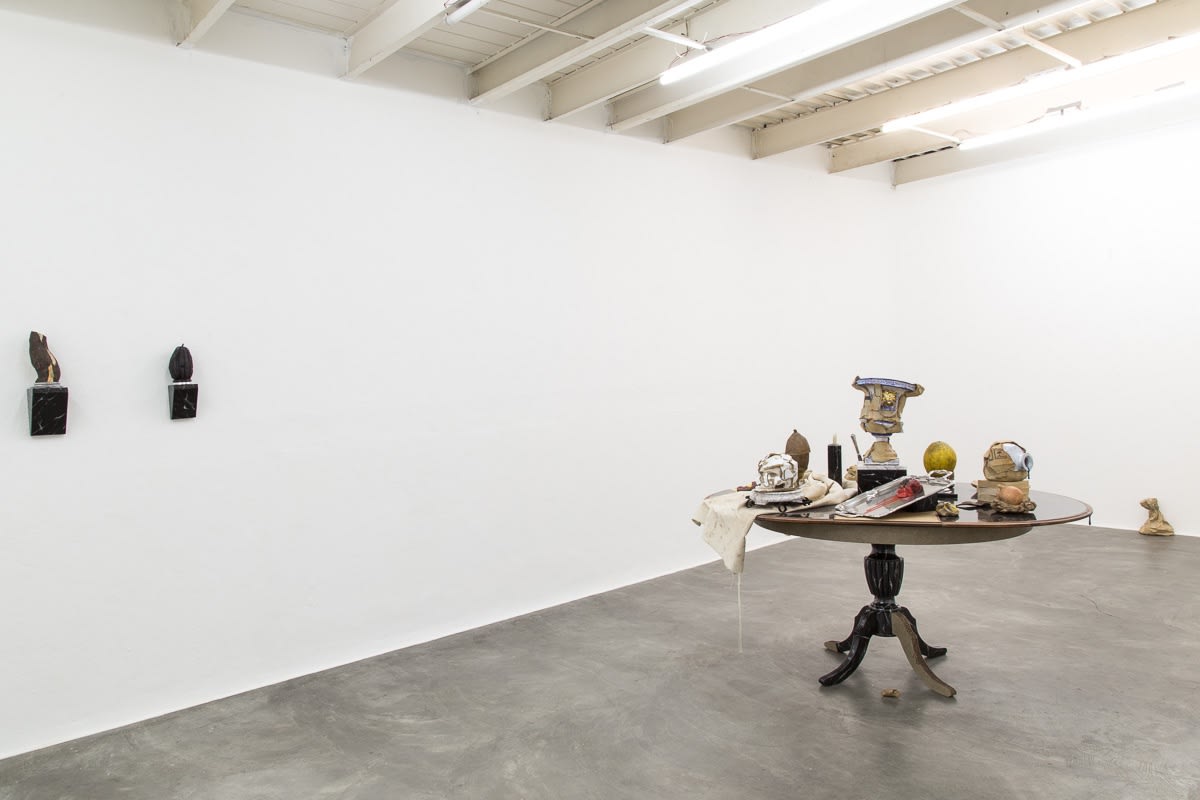
"All members of the Armada would have as well rights to the goods looted from the nations..."
(A Viagem do descobrimento, Eduardo Bueno)
In Cabral's Armada it was common the share of goods plundered from different peoples, which they called by butim. And everything was of interest to those arriving from the sea: arms, groceries, spices, prisoners, and enslaved men. The provisions were fiercely controlled, being kept by a specific guardian body in the caravel-city. But nature has been always unrestrained and no one was able to restrain the stinking smell of water barrels and avoid the most fine of wines turning into vinegar. This search for butins would continue in the New World, gaining specific configurations at each moment. Gold, minerals, sugarcane, for instance, made of slavery in Brazil something new, destined to land cultivated by thousand of deportees. An the opulence and wealth of the colonial tables were supported by this, while the poor got used to pick the leftovers on the curbs, to taste the rotten groceries in the garbage, to carry on their heads the dejects of the city. No wonder this story was accompanied by insurgencies, revolts and riots led by tupinambás, caboclos, malês. Public order was subverted. The streets gained the cleverness of powerful arms, such as zarabatanas, tacapes and ofás, made with wood, metals, stones, bottles, and hidden in back covering tissues, bags and baskets, threating the dazzling marble of the fake Greek-Roman palaces.
Nevertheless, nothing could restrain the voracity of the federal capital. If the tropical paradise didn't provide profits, an abuse of the "fiscal policy practiced by the governor" was considered. And a strong control was kept on everything that could seem subversive, like song, dance and the celebrative ways of a population born from different Diasporas. In terreiros, yards, under bridges, whole continents were mingled in immaterial cultural richness, in the core of faith, in the warmth of affections and exchanges never accustomed to the disciplinary and totalizing tendencies of those who, momentarily, rest on the illegitimacy of a no-representational power.
In Víveres [Provisions], Rodrigo Torres employs technical prodigies to bring us closer to these polarities, the glitter of marbled surfaces, cut techniques, trompe l'oeil, the menacing corrugated look of paper wrappers, Molotov cocktails abandoned in airports. Torres affirms himself with profound determination by observing the gestures of an artistic production that needs to align itself to the concepts of art, society and politics. Provisions, in this way, confronts us to the maturity of the artist, experiencing effects of material surfaces, at the same time that ponders on the evils of colonization and capitalism. Rodrigo touches and crosses present day facts, observing, precisely, the ways how nature and civilization build a Brazil to be exploited, plundered in its "for export" natural riches in pro of an abundant table, prime meats, the distinction and waste of colonial tableware which until today are present in free smuggling. Curiously, as Lilia Schwarcz writes, "settlers from Rio de Janeiro became experts in smuggling: they went through blockages, they evaded fiscal policies". It amazes us to read that this information refers back to 1600.
What will be left to us, as a society? The logic of exploitation of agrarian production at any cost? The fact is that the circulation of nature and colonial relics, inside the houses or on the streets, generated a parcel of complexity that we cannot break or separate into identitary modes or passing fashions, as actually Gilberto Freyre anticipated. Who are we? On one hand, the children of an uncontrolled desire of consumption; and, on the other, survivors of violence, those with no place in the anomy of mingled peoples. But the body revolts in face of the dismantlement of humanitarian conquests. The vilipended topicality is both our rising and our fall, nowadays impoverish by tourism or the desire of becoming a national symbol. A banana Republic? We witness wealth diminish after so much expropriation.
What is left to us is to revisit the action of rebellions, riots, revolts, resisting to that which turned us into hostages.
— Marcelo Campos, July 2017

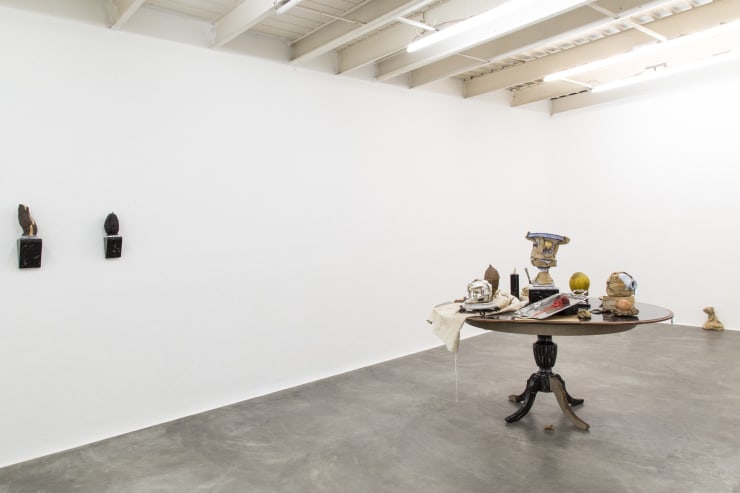
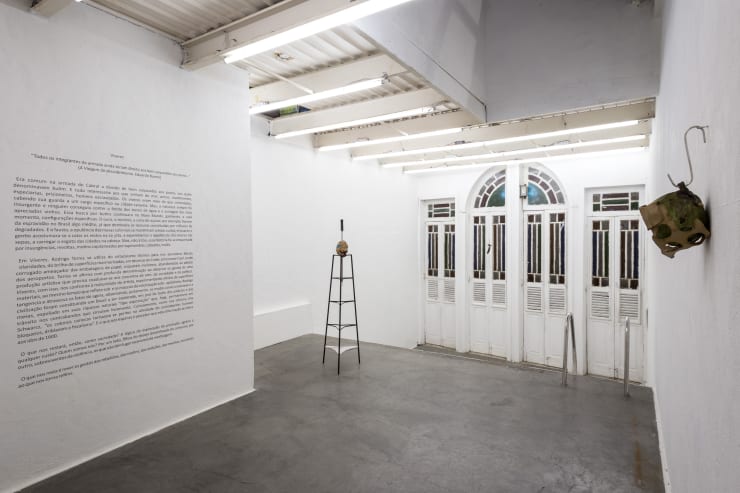
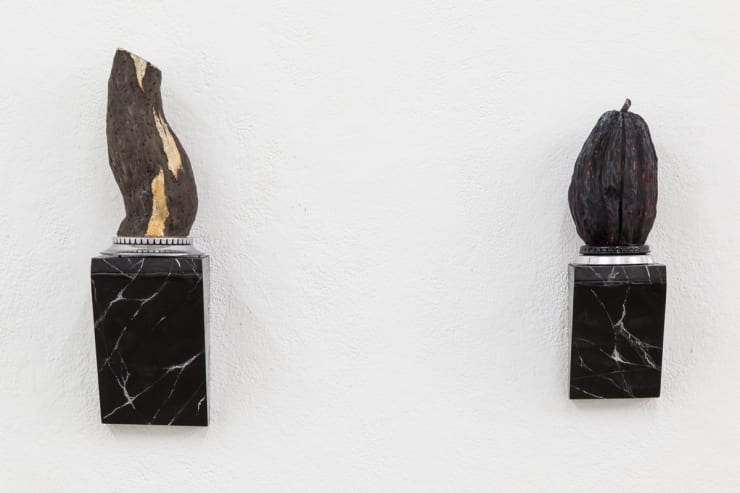
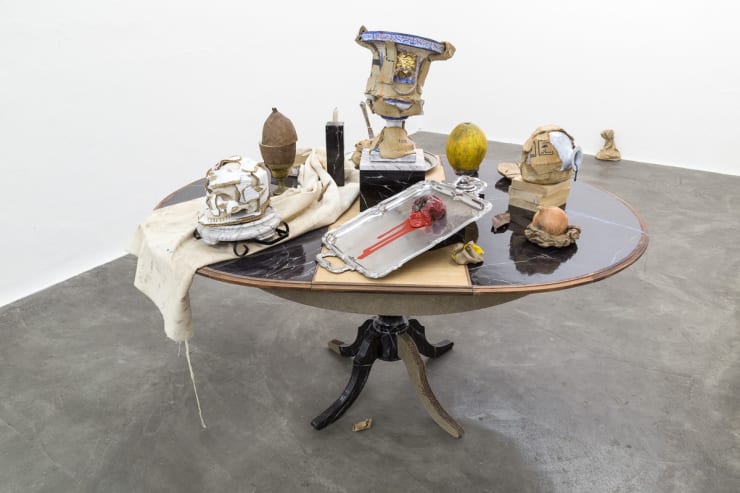
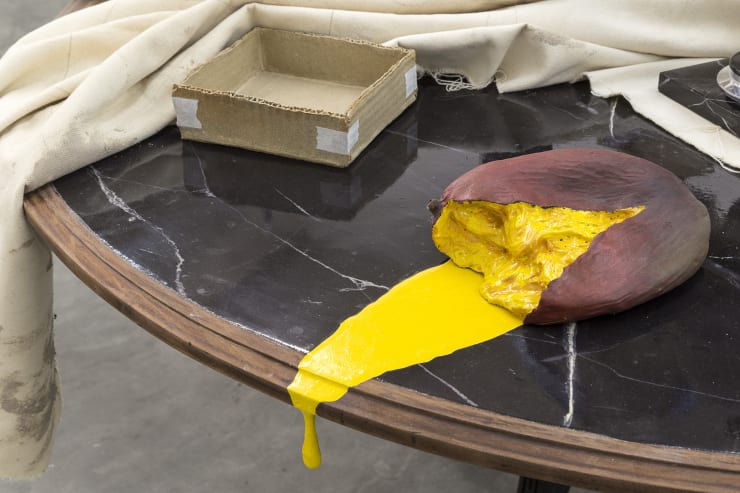
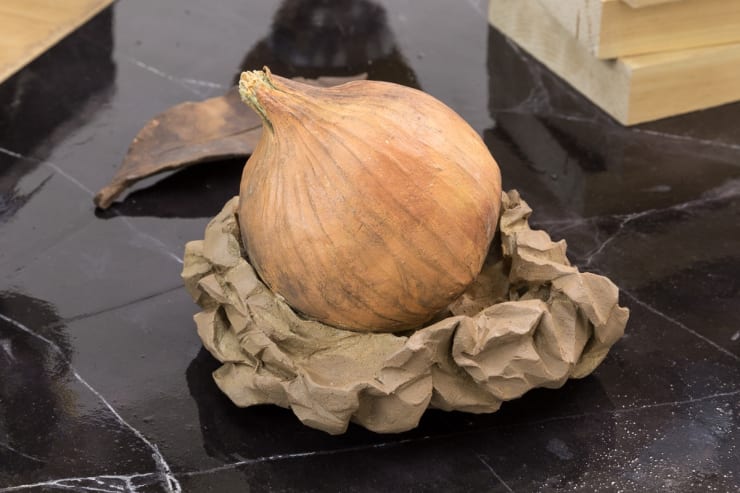
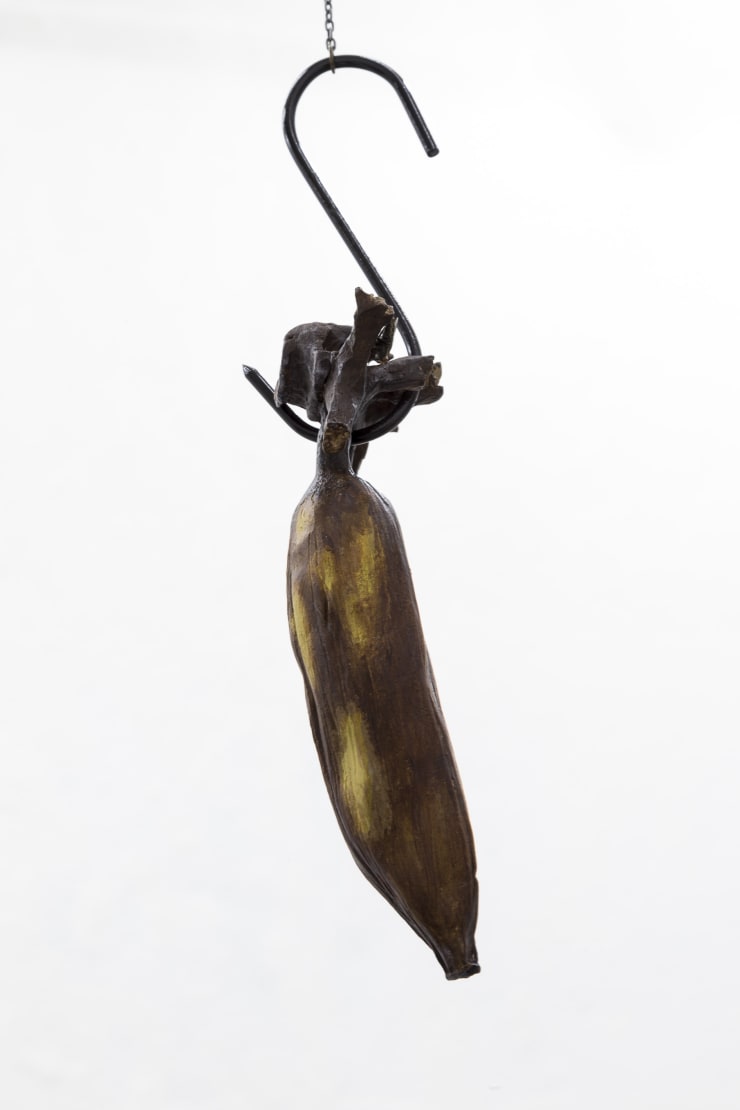
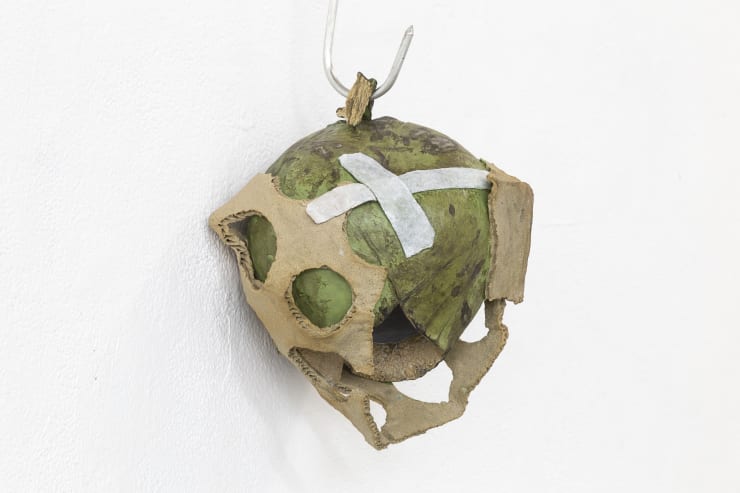
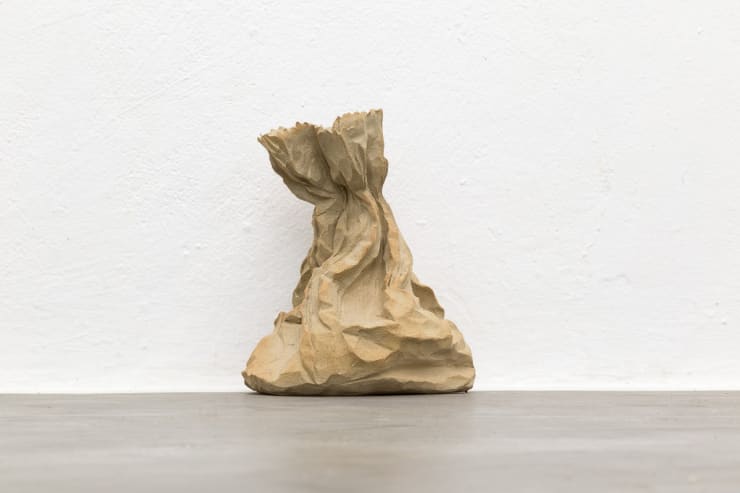
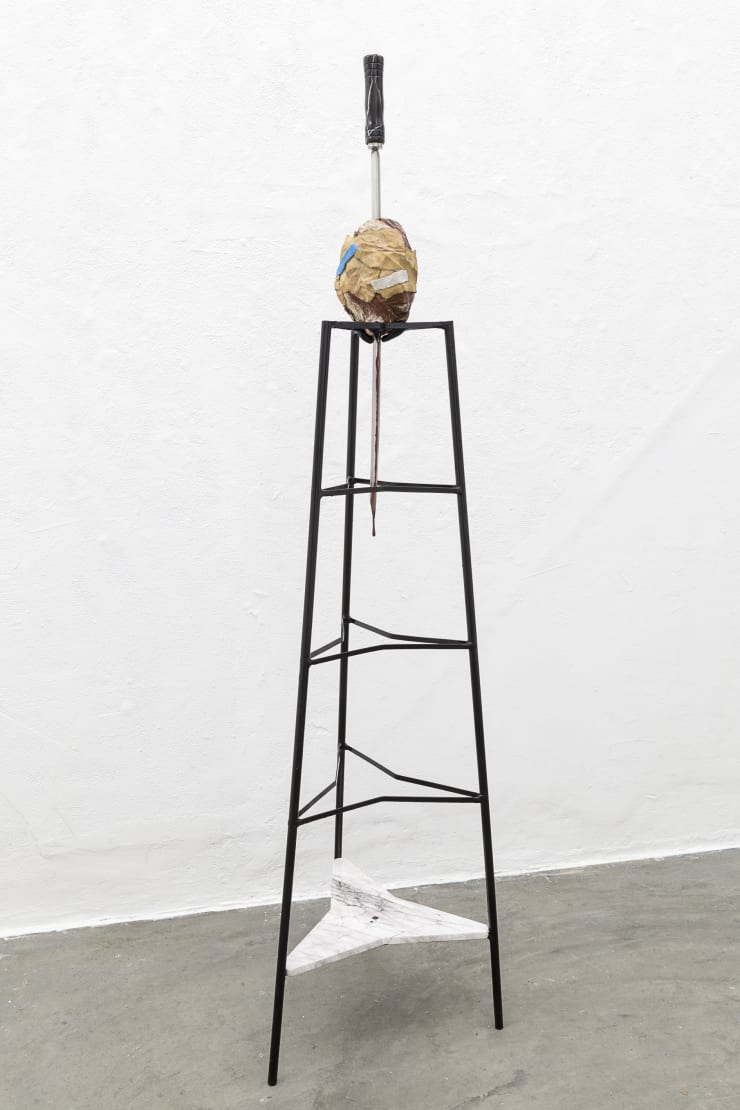
![Rodrigo Torres, Sem Título [Untitled], 2017](https://artlogic-res.cloudinary.com/w_740,c_limit,f_auto,fl_lossy,q_auto/artlogicstorage/agentilcarioca/images/view/13dec9a2eceeb75607670d7cd462986dj/agentilcarioca-rodrigo-torres-sem-t-tulo-untitled-2017.jpg)
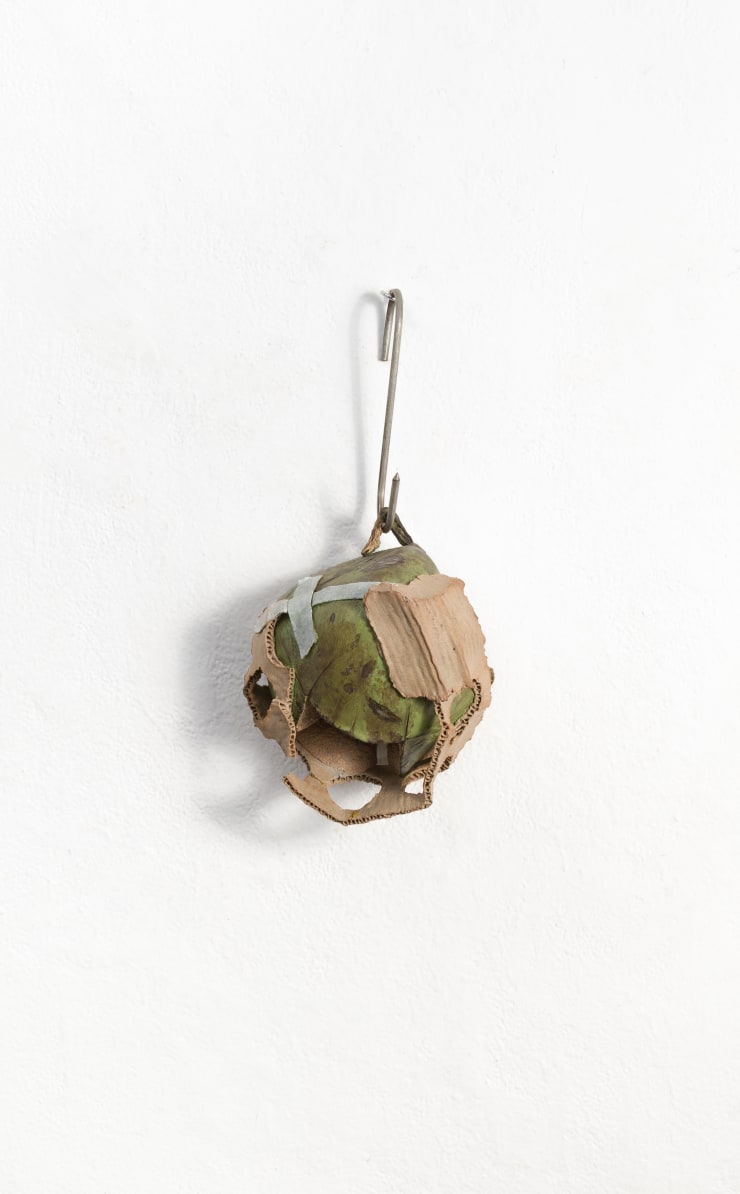
![Rodrigo Torres, Sem título [Untitled], 2018](https://artlogic-res.cloudinary.com/w_740,c_limit,f_auto,fl_lossy,q_auto/artlogicstorage/agentilcarioca/images/view/52c6ebbdc73930ecd0b086f968c1b1bcp/agentilcarioca-rodrigo-torres-a-morte-da-musa-paradis-aca-2018.png)
